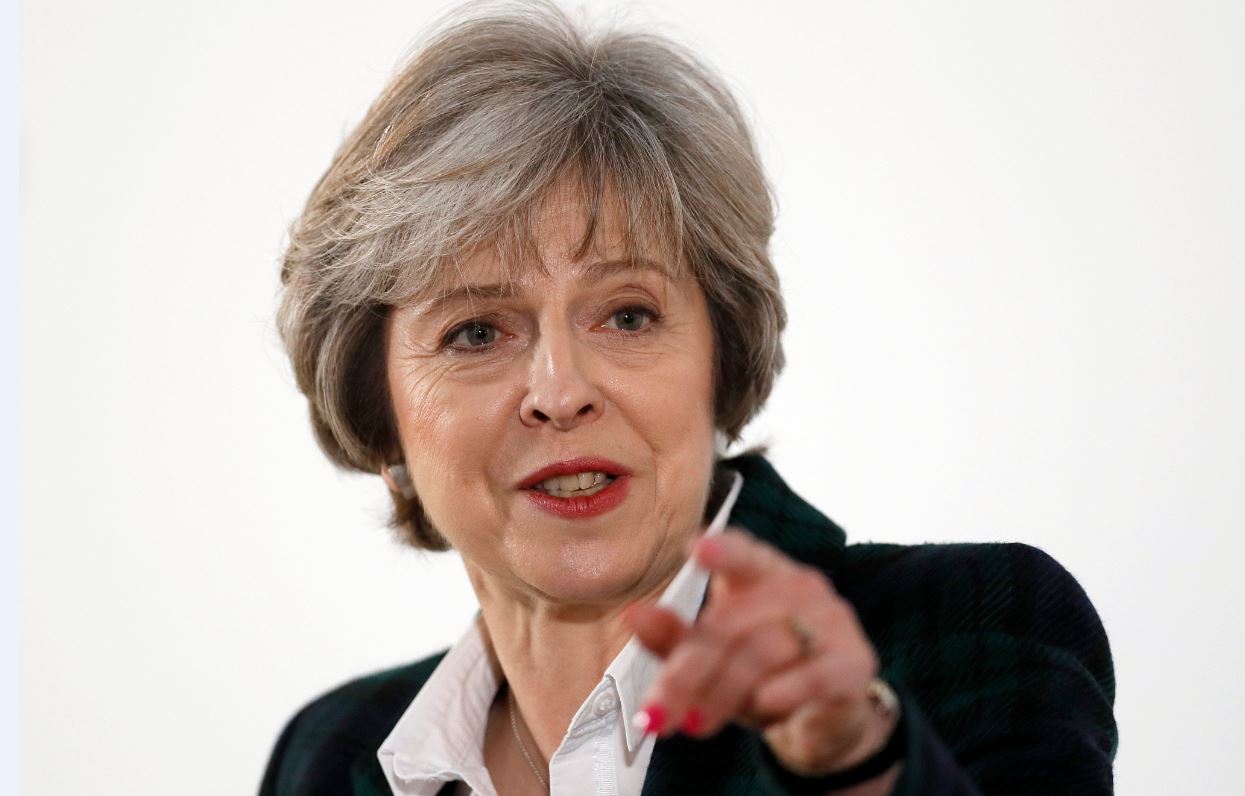In light of the decision to hold a General Election in June 2017, Theresa May has not initiated much direct contact with the media. By contrast, Jeremy Corbyn has kick-started the campaign for Labour by maintaining a conscious media presence. Images of Corbyn visiting constituencies; visiting primary schools, and attending Labour conferences have circulated much wider than May’s activities. One of the only instances in the past week in which the Conservative Party directly spoke to the media was Theresa May’s speech proposing a General Election.
Unlike her predecessor, David Cameron, Theresa May has made her stance in regards to leader debates quite clear: she will not participate. Organisations such as the BBC have threatened to empty-chair her, which would allow her method of non-communication to backfire, conveying an image of her as a poor party leader who cannot engage with her electorate.
A recent concept for the British public, televised leader debates were introduced as a method of connecting with voters in 2010. These debates are of great precedence in the US, where media presence is very much a decisive factor for American voters. The relationship which the British media has with politics is very much a modern phenomenon. Controlling and maintaining an amiable relationship with the press has become embedded in the job description of any successful politician. Indeed, in New Labour’s first term in government, Tony Blair and Alistair Campbell worked ferociously to create a likeable media image. Blair’s infamous endorsement of The Sun earned him favourable political coverage: the headline “The Sun backs Blair” initiated a new social group more likely to advocate Labour in the leadership race of 1997.
In spite of this, Theresa May avoiding the media is not a recent phenomenon. Arguably, avoiding the media completely is a dangerous move. With no intervention or cooperation, it can be a decisive factor in defining the fate of any politician. Either define oneself, or be defined, appears to be the rule of thumb. Corbyn knows this only too well. In the past, May herself has claimed that the British media often falsely represent her ideology, particularly regarding political issues such as Brexit. In January 2017, the Prime Minister argued that a misrepresentation of her views regarding Brexit led to a slump in the value of the pound. So does it come as any surprise that she wants to avoid the clutch of the British media this time around?
Here, it is quite clear that May is engaging in a smart, deeply political game. Refusing to give in to the media, arguably, gives it little content to warp immensely out of shape. As has been the case with Corbyn and his fight for the media, journalists can take one thing to mean quite another. May was thirty-seven points ahead of Corbyn in March. It’s not hard to see that the Prime Minister has been given a considerable ego boost by this: she simply doesn’t believe that she needs the media’s help to push an agenda. The polls reflect that the public are already on her side in large numbers.
Not only this: May’s avoidance of the media and blank-point refusal to participate in televised debates reflects a betrayal of democracy. The British people are entitled to see every potential leader debate the key issues of the day: Prime Minister’s questions don’t quite cut it. Much of the nation are at work at midday on a Wednesday as the PM’s Question Time is broadcast. It’s simply not far-reaching enough. Furthermore, politicians quite evidently need to be grilled by strongly interrogative faces such as Jeremy Paxman, who will ensure an answer is provided. The Conservative track record in actually answering questions during debates in the House of Commons isn’t fantastic: Parliament will often descend into heckling, laughing, and shouting. This overshadows much of the democratic process. It’s not enough for the British people.
Eleanor Noyce
(Image courtesy of Press Gazette)

